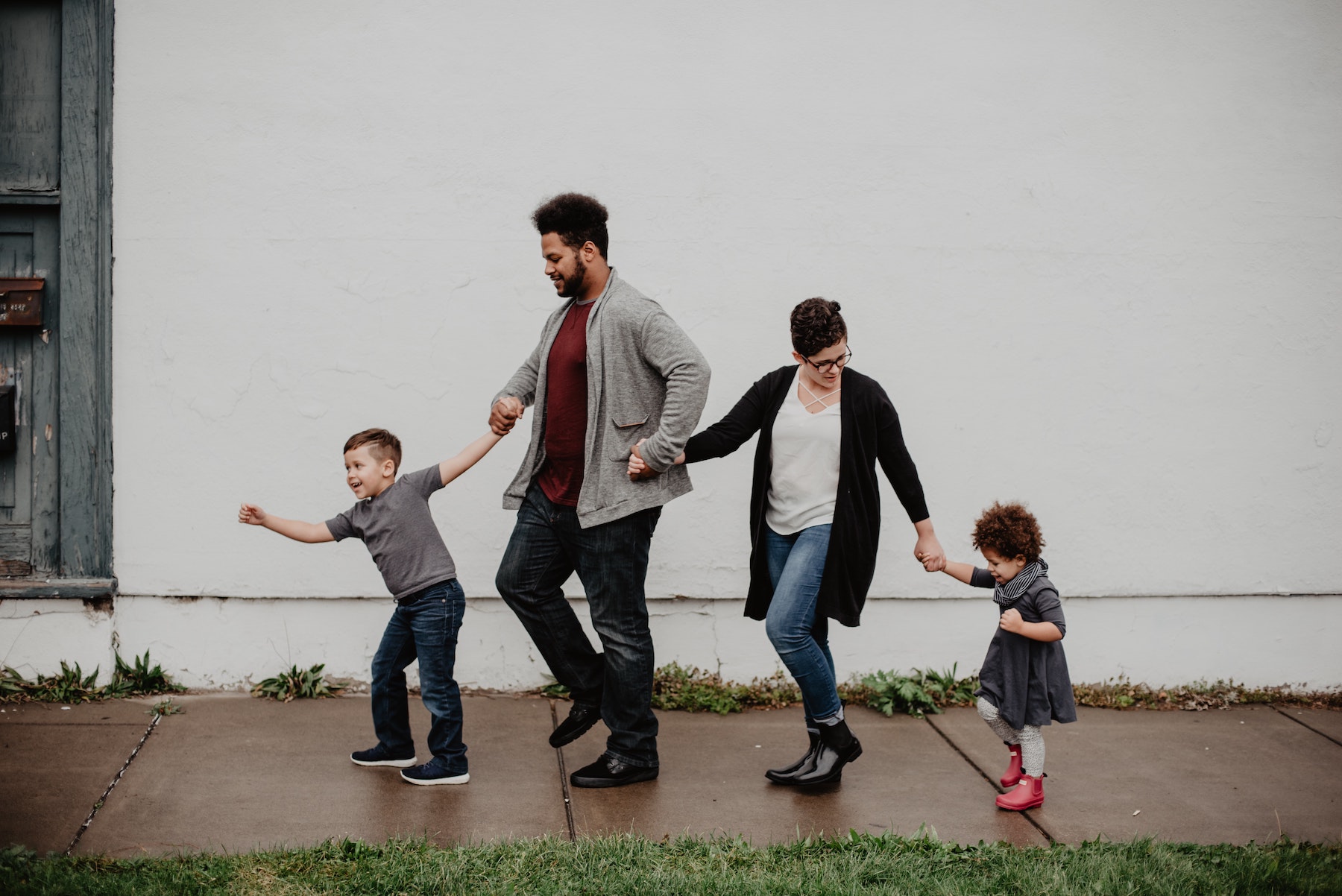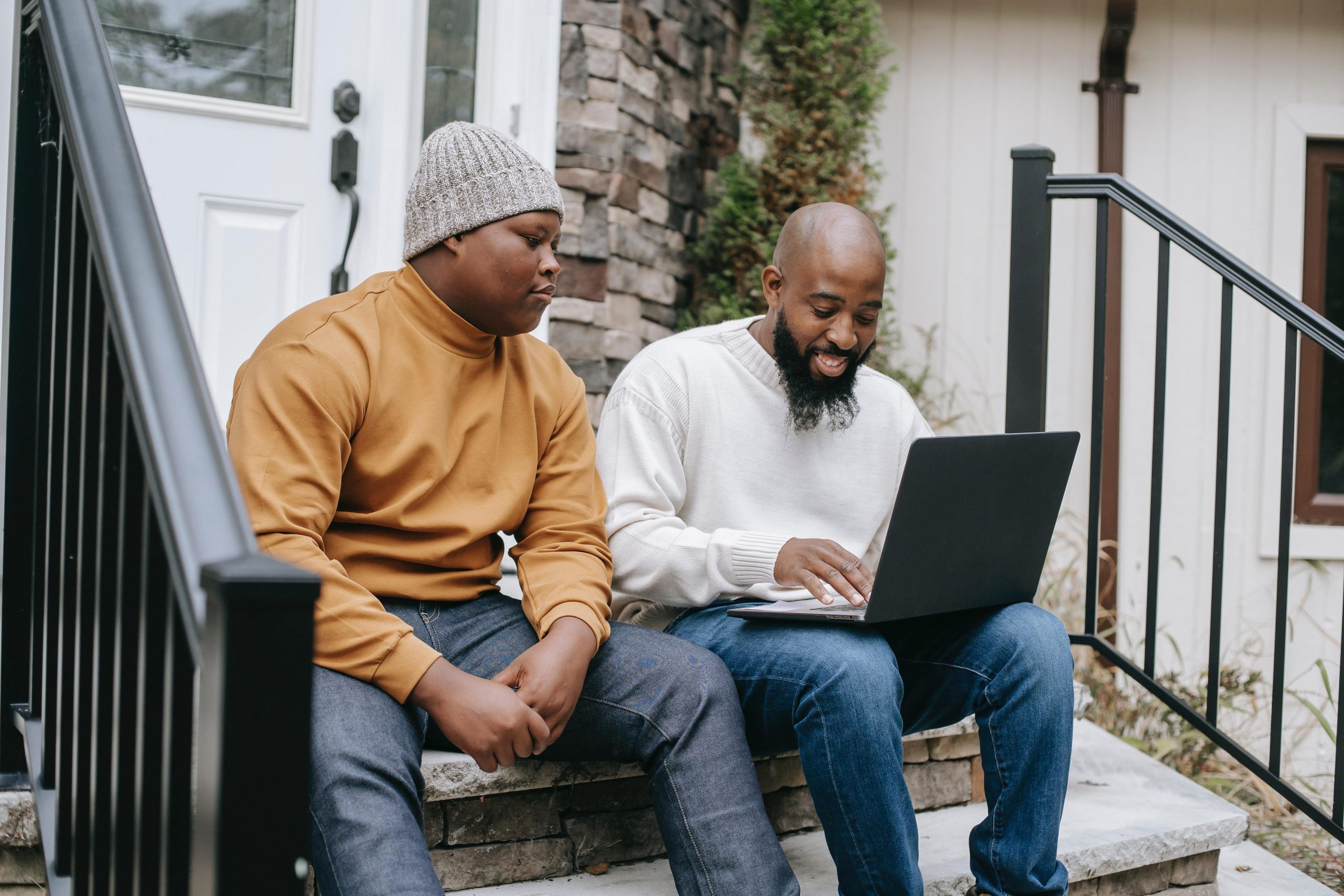
I’m learning that friendship, as a parent, is even more life-giving (life-saving?) now than ever before. And this says a lot coming from a friendship-nostalgia-freak who has a file box of every single note I received in middle and high school organized by name of the sender. (If anyone under 25 is reading this, a “note” is a piece of paper that was meticulously decorated in milky gel pens and folded into the shape of a Chinese star, passed discreetly during Mrs. Lombardi’s lecture on hypotenuses.)
Friendship back then had a narrow span of depth—the easy stuff was choosing who you would go to lunch with on early release exam days. The “tough” stuff came when you consoled a friend who was dumped the week before prom. But now, in the days where many are drowning in diapers and debt and strained marriages and miscarriages, friends can be the lifeblood that help keep us going.
The trouble is, finding time and energy to invest in friendships when your time as a parent is so monopolized by caring for your kids. Amid the constant advice to prioritize our marriages, be present with our babies, and lean into our careers, little attention is given to focusing on our friendships. And truthfully, there’s something about trying to make new friends, as a parent, that seems a little more intimidating. Now we aren’t only putting ourselves on the line of potential rejection, but we feel as though we are being sized up on our parenting styles and children’s behavior.
It’s easier to settle for a second-rate sense of “community.” We can read a blog (ahem, thank you for reading this one) or join a secret Facebook group where we can post our most embarrassing questions about toddler bowel habits or decoding teenage text-speak while we unload the dishwasher in our sweats, ne’er to be seen by a non-family human that day. These connections are a great way to be reminded we aren’t alone, but they can’t replace authentic, face-to-face friendship. The kind that is built on a couch over coffee or a front porch over appetizers.
In our family, we are very fortunate to have doting grandparents and aunts and uncles–so many branches of the family tree that have helped us celebrate and mold our kids. But the blessing of our friends, who we now refer to as “aunts and uncles,” have helped our family tree thrive.
These friends entered the delivery room with teary eyes and beaming smiles within minutes of our babies’ arrivals and were some of the first arms my kids felt loved, though. They’ve shown up with hugs and comfort food and listening ears to help us process the miscarriage of our third child. They’ve been sideline cheerleaders who made our peewee soccer player feel like a FIFA star. They’ve told us they are proud of our children’s character (even though they’ve seen it at its worst). They’ve said “Good job, mama,” when I’ve skulked out of the room with a bucking toddler who needed some correction. They’ve allowed us into their most intimate marital and childrearing struggles and triumphs while loving us through ours. They’ve let us be “aunts and uncles” to their kids, too.
It can feel risky to introduce yourself to the parent wrangling a child into a puddle-jumper at the pool or cheering on the sideline of the soccer field. It can feel burdensome to come up with a menu and hide the clutter in order to invite people over for dinner when you’re just trying to survive the witching hour.
But these initial steps are what build acquaintances who become friends who become family. I’ve never met someone who didn’t want to be noticed and pursued. We are all busy, but someone has to take the first step to build adult friendship and family community.
Invite some neighbors over for a clean-out-the-fridge potluck before going on vacation. Have you child’s teammates and their parents over for hotdogs after the big game. No fancy prep needed–sometimes the more spontaneous and low-key the gathering is the more comfort it builds among the guests.
Aside from gaining our own friends, when we invite more adults into our homes and lives we can also be opening doors for powerful influence on our children. Ask yourself, “What am I teaching my kids about anger?” The neighbors you invite over for s’mores today might end up being the sounding board for your angsty teen tomorrow. Now, go text that person you’ve been hoping to get to know better and invite their family over for pizza.



